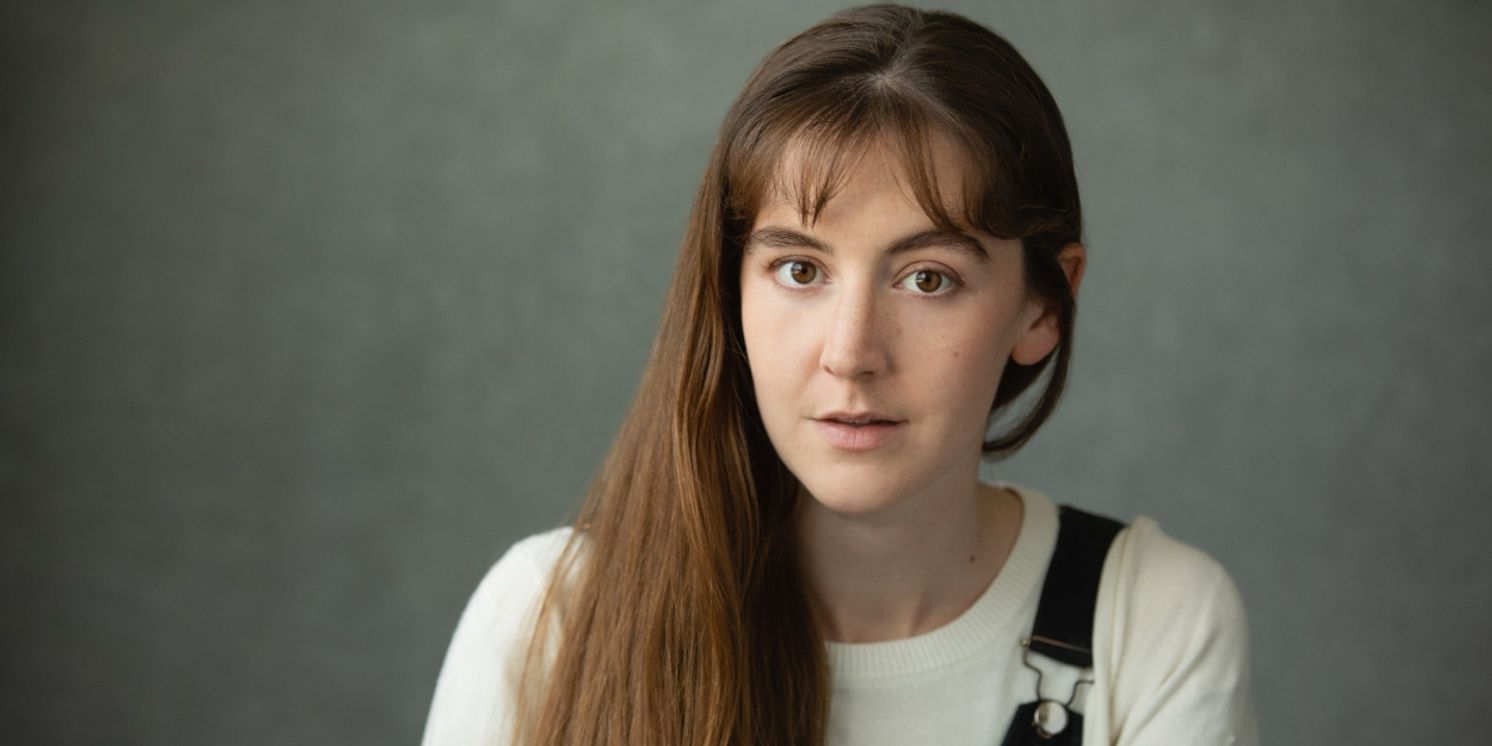Guest Blog: Writer Laura Waldren on Connections, Sensitivity and Humour in Her Papatango Prize-Winning Play SOME DEMON
'There are hardly any plays about eating disorders, and when I started writing this one I realised why.'

There are hardly any plays about eating disorders, and when I started writing this one I realised why. They are incredibly difficult illnesses to explain, let alone dramatise. They tend to go on for years – they are not linear – they often involve many cycles of relapse and recovery.
They are, for all the attention paid to how they physically manifest, incredibly private and internal. And at the heart of them lies an extreme ambivalence: a hatred of the disorder that’s ruining your life, and a complete terror of letting it go. Building a good drama out of that was hard, for all that it sounds pretty dramatic. How do you write a compelling story about being stuck? And how do you externalise something so profoundly internal and psychological?
.jpg?format=auto&width=1400)
At first, I had no idea what the play was going to be – all I knew was that I didn’t want to write a story about getting ill. Because getting ill is, for want of a better term, the ‘easy part’. It’s getting well which is a nightmare. In the end, I decided to focus on a group of patients in an adult clinic at various stages on their journey to recovery, and examine the ways their lives and disorders intersected. This concept lent itself to the form, as confinement tends to work very well on stage. There’s a certain sense of inescapability in theatre that you don’t get with film and TV – we are stuck in a room with these people for two hours, just as they are stuck with each other, and we can’t look away.
Eating disorder clinics are also pressure cooker environments. Here you all are, all with the same illness or similar illnesses, ones which are highly competitive and often manifest in extreme, even violent ways (and this is something a lot of people don’t realise about dealing with an eating disorder – the rage that can explode when it’s challenged).
.jpg?format=auto&width=1400)
Behaviours are contagious. The environment can be toxic. Someone else’s illness can make yours worse. And yet you are also surrounded by a group of people who understand exactly what it is that you’re going through, when most people in the outside world don’t. There are opportunities for bonding, for empathy and understanding, alongside all the difficulty and despair.
It was that which most interested me in the end – how people struggle for connection when dealing with a problem which can make you feel so devastatingly alone. And theatre is itself a forum for connection, an opportunity for a group of people to sit together in a room and empathise with someone else’s life.
Some Demon went through many overhauls before it got to the point of winning the prize, and has been redrafted several times since. George Turvey – the director of the play and the artistic director of Papatango – also acted as dramaturg, and helped me hone a messy, over complicated narrative into something more streamlined and focused.
The main way in which the play has changed is that it’s become a lot funnier. This was partly out of necessity – with such heavy subject matter, you need to provide the audience with moments of relief in order to allow the drama to land — but it’s also very true to the nature of these environments. There’s a certain gallows humour which emerges from the extremity and absurdity of the situation you’re in.
%20(1).jpg?format=auto&width=1400)
Like I said, there are hardly any plays about eating disorders. Writing stories like this therefore comes with a burden of responsibility — to be sensitive and accurate, to avoid oversimplifying or glamourising or sensationalising. And for all that progress has been made in the last decade or so in destigmatising the conversation around mental health, mental illness remains taboo. At best, it’s something to be ignored. At worst, it’s something to be mocked or feared. And eating disorders in particular have suffered from terrible misrepresentation over the years.
There’s no way this play could ever have told every story, or explored every facet of an illness which affects so many different people in so many different ways. But I hope that audiences who come to see it feel I’ve done it justice, even in some small way.
Some Demon is at the Arcola Theatre from 14 June - 6 July
Videos

